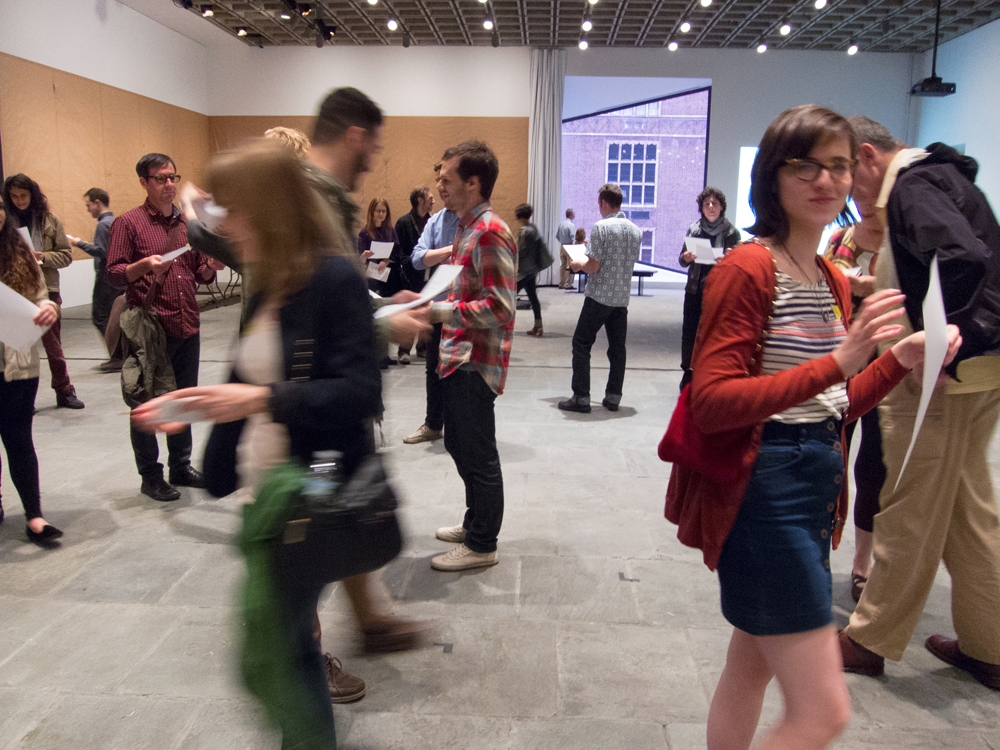
In Passing
Brandon LaBelle
A silent performance of (musical) reverberation.
Arika have been creating events since 2001. The Archive is space to share the documentation of our work, over 600 events from the past 20 years. Browse the archive by event, artists and collections, explore using theme pairs, or use the index for a comprehensive overview.

A silent performance of (musical) reverberation.

How can we imagine bodies not as an end in themselves, but as a medium through which we can become one another’s means?

In this workshop we will imagine ourselves as time travellers from a glorious and chaotic neurodivergent-led future.
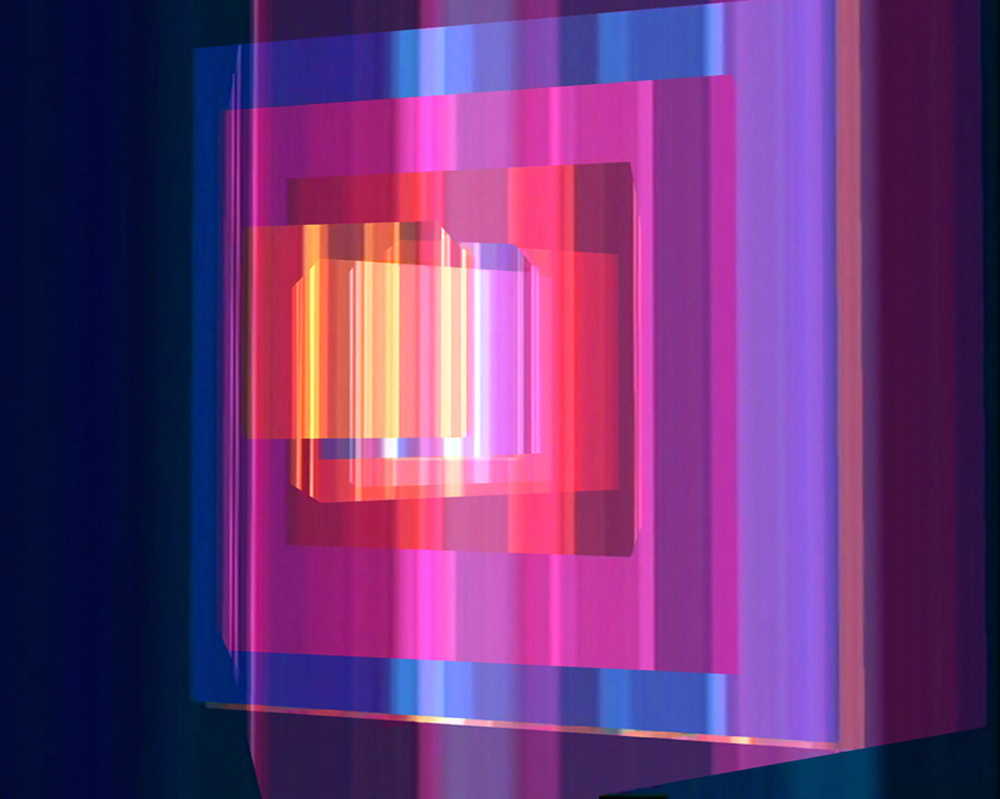
A glance at both analogue and digital processes; the clarity and precision of digital colour or the yawning, endless depth of dye and emulsion, our programme celebrates how both approaches revel in colour, saturation, hue and tone.
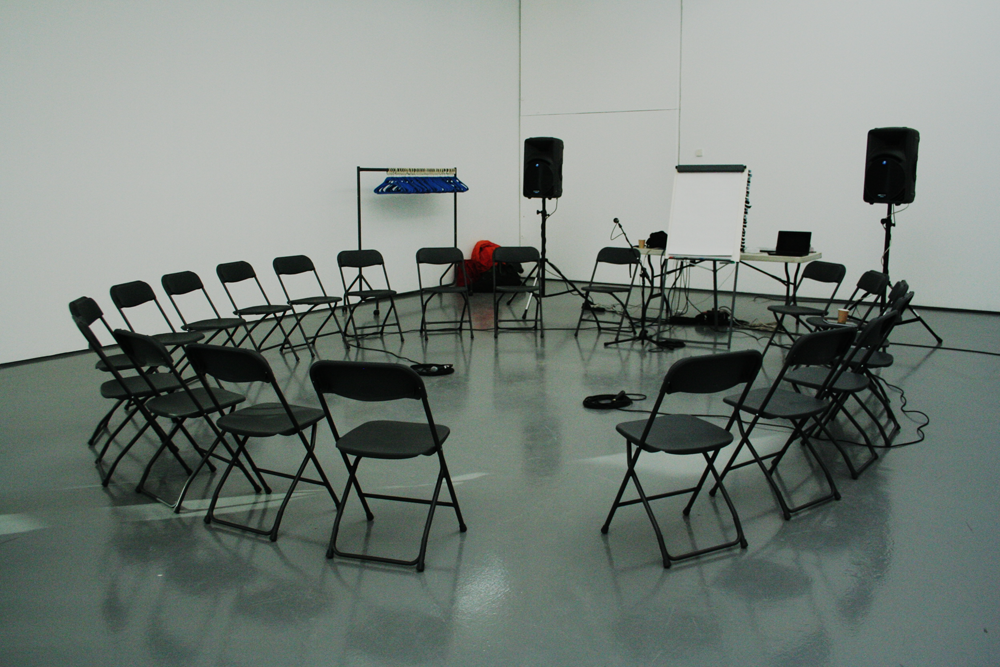
Loïc and Marc are proposing a series of investigations into the tension between improvisation and recording and how it can be used to engage with different spaces and environments around Dundee

No Wave, damaged garage jams and crazed instant vocal shrieks.
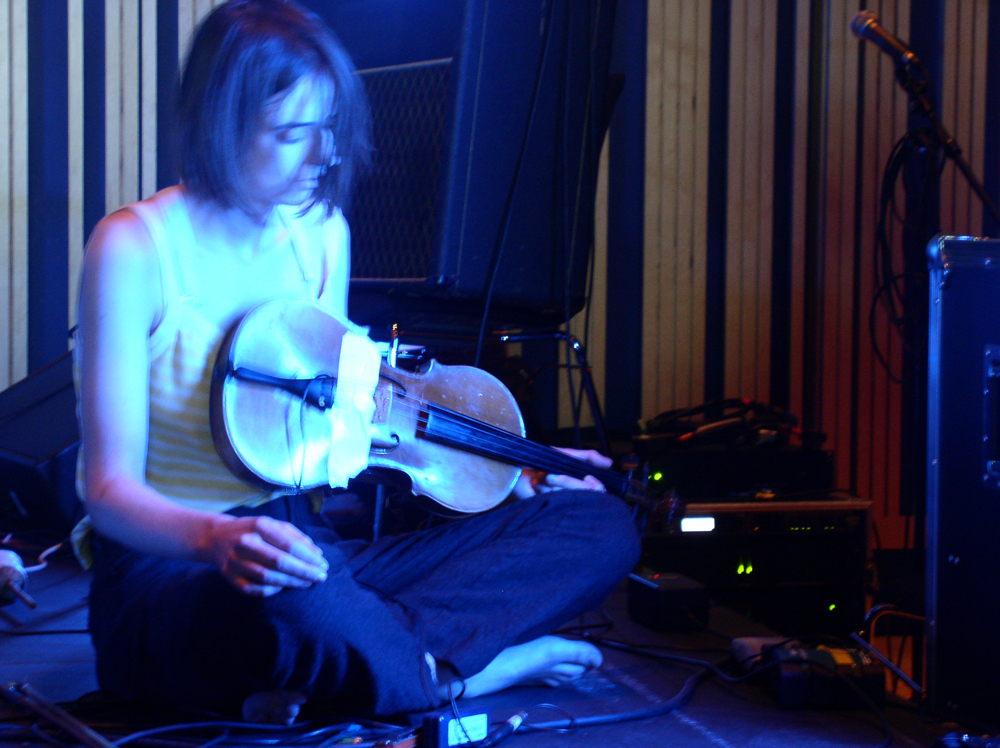
Veterans of the psych-infused UK free noise scene, the Vibracathedral Orchestra is a hypnotic ur-drone group hailing from Leeds.
Sean and Taku share an interest in structure, space and time. A spartan, abstract, considered and surprisingly musical set.

A performed filmic conversation on queer and black world making.

How do we make the connections between the mutual aid practices of our daily lives and anti-capitalist efforts to dismantle wider systems of exploitation?
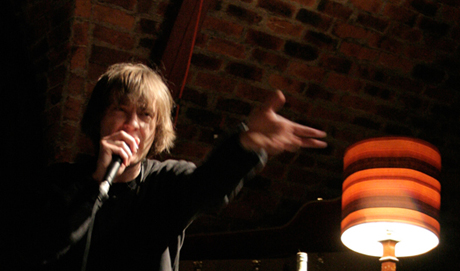
For musical chameleon Richard Youngs both his creative and family life are focused in the room that many of us consider the centre piece of our lives.

Three speakers play back pre-recorded sounds, Marc listens and responds: “What is played is the imperfect witness of what I listen to (or maybe better, how I listen).”